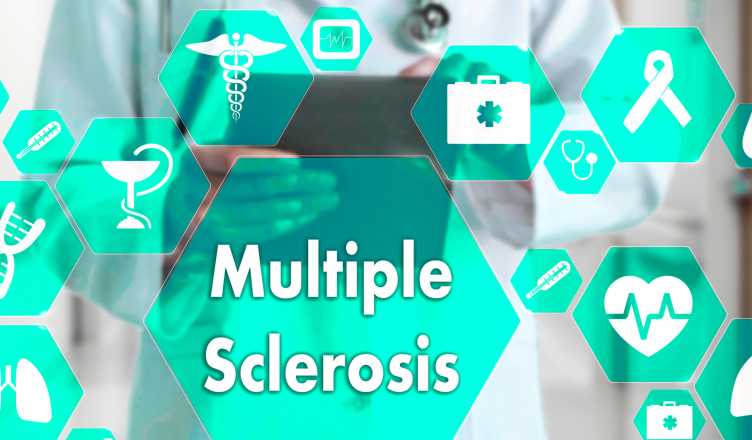Multiple Sclerosis impacts the central nervous system by disrupting the communication within the brain and between the brain and nervous system. MS damages the myelin sheath, or protective covering, that surrounds nerve fibers in the brain and spinal cord, making it the most common demyelinating disease of the central nervous system. Stem Cell Therapy is a Regenerative Medicine option to potentially manage the symptoms of this condition. Researchers have made great strides by using Regenerative Medicine therapy in their studies for such conditions.
The Tisch Multiple Sclerosis Research Center of New York has been working toward finding the cause and a cure for MS since it first launched in 2006. The Center’s director and chief research scientist, Dr. Saud Sadiq, M.D., has been working toward finding the cause of the disease for over two decades. New York, NY – April 13, 2022 – New research conducted by the Tisch MS Research Center of New York has found that
Multiple stem cell treatments may result in substantial improvement in muscle strength of MS patients.
According to a preliminary analysis of results from the FDA-approved study, these stem cell treatments are the first-ever treatments that improve neurological outcomes in secondary progressive MS (SPMS) and primary progressive MS (PPMS) patients. (2)
MS can cause patients to lose mobility, experience numbness or tingling in the body, pain and fatigue. Mesenchymal stem cells (MSCs) have the ability to reduce inflammation and modulate the immune system. Some studies have suggested the effectiveness of different stem cell types such as hematopoietic stem cells, autologous, cord blood and embryonic stem cells for neuroregeneration in patients (1) Cell-based therapies have provided a new window for the prevention and treatment of different neurodegenerative diseases such as MS, Parkinson’s disease (PD), Alzheimer’s and amyotrophic lateral sclerosis (ALS). Umbilical Cord stem cells are also a good option for MS treatment because of their multipotent and highly differentiated potential. (3)
The study is an FDA-approved, phase II, double-blind, placebo-controlled crossover-study involving 50 total patients – including 40 with SPMS and 10 with PPMS. The analysis encompasses 36 patients, all of whom have completed six stem cell treatments.
All 50 patients will receive either six placebo or six stem cell treatments, injected at two-month intervals for a year, and then receive the reciprocal treatment in the following year. A complete statistical analysis of this study will be done shortly after the trial is completed at the end of 2022.



